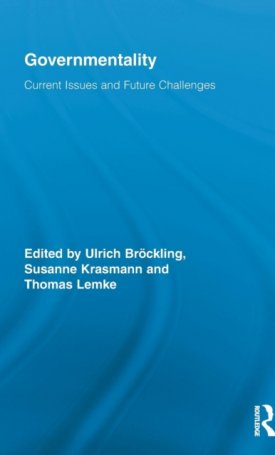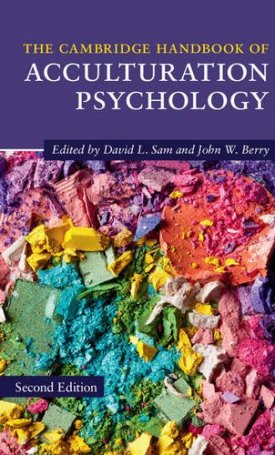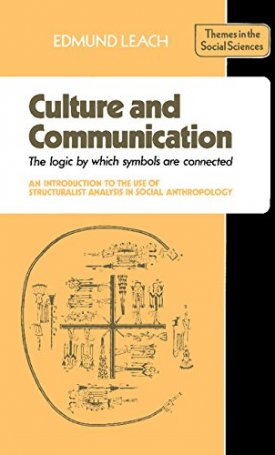The Nonreligious - Understanding Secular People and Societies
The Nonreligious - Understanding Secular People and Societies
First volume to assemble all existing data/research on nonreligious people into one book
Adds empirical data, analytical clarity, and sound research to the debate surrounding the "New Atheism"
Heightens understanding of contemporary secularity and the dramatic growth of religious "nones" in America, as well as around the world
An interdisciplinary collaboration featuring three leaders in the field of secular studies
The number of non-religious men and women has increased dramatically over the past several decades. Yet scholarship on the non-religious is severely lacking. In response to this critical gap in knowledge, The Nonreligious provides a comprehensive summation and analytical discussion of existing social scientific research on the non-religious. The authors present a thorough overview of existing research, while also drawing on ongoing research and positing ways to improve upon our current understanding of this growing population.
The findings in this book stand out against the corpus of secular writing, which is comprised primarily of polemical rants critiquing religion, personal life-stories/memoirs of former believers, or abstract philosophical explorations of theology and anti-theology. By offering the first research- and data-based conclusions about the non-religious, this book will be an invaluable source of information and a foundation for further scholarship. Written in clear, jargon-free language that will appeal to the increasingly interested general readers, this book provides an unbiased, thorough account of all relevant existing scholarship within the social sciences that bears on the lived experience of the non-religious.
Table of Contents
Introduction
Chapter 1. The study of Secularity and the Non-religious
Chapter 2. Secularity Around the World
Chapter 3: Secularity through Time: The Question of Secularization
Chapter 4: Secularity and Society
Chapter 5: How and Why People Become Secular
Chapter 6. Personality, Cognition, and Family Behavior
Chapter 7. Secularity and Well-Being
Chapter 8 . Are Secular People Moral and Ethical?
Chapter 9. Social and Political Attitudes and Values
Chapter 10. Secular Social and Institutional Behavior
Conclusion
References
Index
Authors:
Phil Zuckerman is a professor of sociology and the founding chair of the secular studies program at Pitzer College. He is the author of several books, including Living the Secular Life (Penguin, forthcoming), Faith No More: Why People Reject Religion (Oxford, 2011), and Society Without God (NYU, 2008). He teaches courses on secularity, religion, and social theory, and his research focuses on various aspects of secular identity and culture.
Luke Galen is a professor of psychology at Grand Valley State University. He teaches in the field of psychology, specializing in the psychology of religion. He is also a co-host of the podcast "Reasonable Doubts". His research interests include: Religious and secular social cognition, psychological well-being, morality and prosociality, and the social perception of nonreligious individuals.
Frank L. Pasquale is a cultural anthropologist whose research focuses on individual and institutional forms of secularity and the role of the religious-secular construct in the world. His work has appeared in The Oxford Handbook of Atheism (Oxford University Press, 2013), Atheism and Secularity (Praeger, 2010), Secularism and Science in the 21st Century (ISSSC, 2008), Secularity and Secularism (ISSSC, 2007), the Archive for the Psychology of Religion, and elsewhere.
















